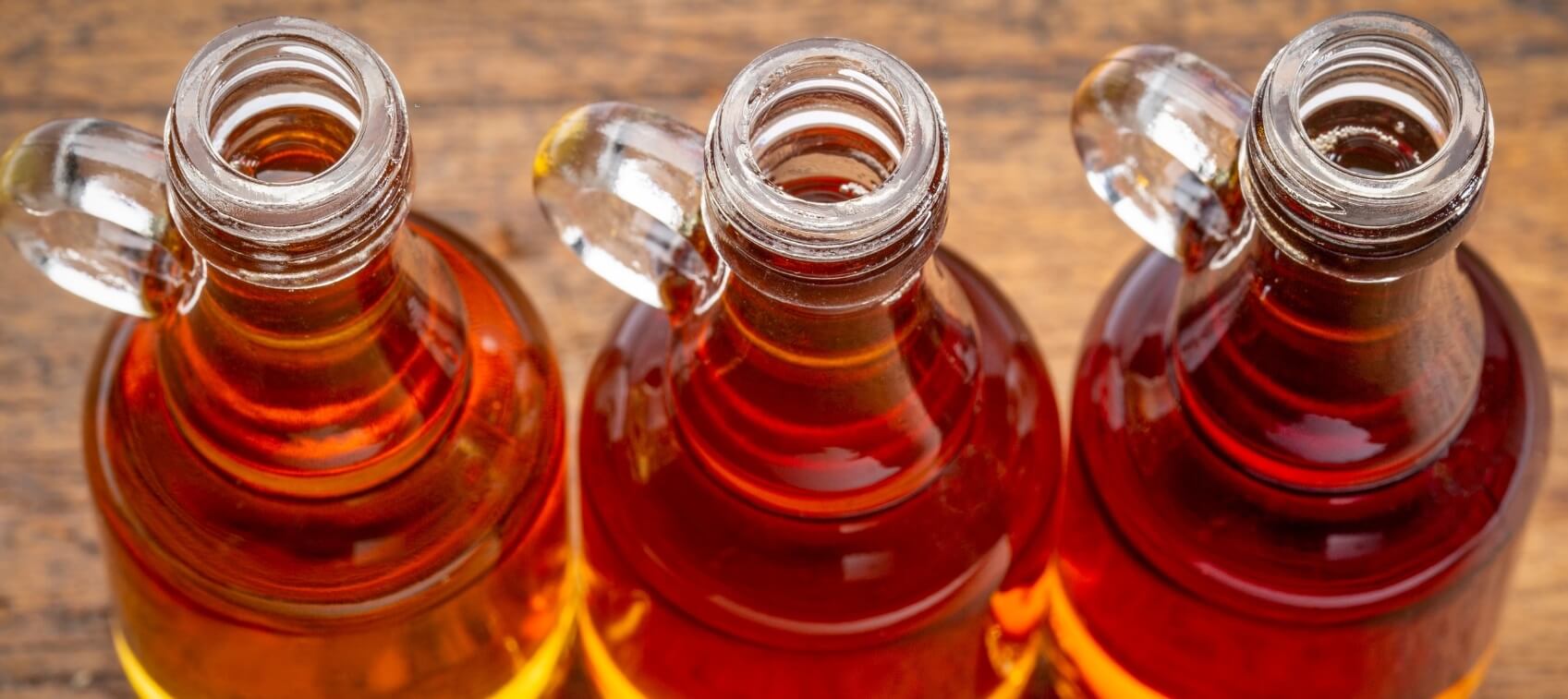
Truth be known, I consider myself a maple syrup snob—or maybe I should say “connoisseur.” Years of enjoying winter skiing in Vermont with our kids included gathering around the breakfast table for the comforting breakfast of steel cut oatmeal drizzled with fresh local maple syrup.
My Vermont neighbors tapped their own maple trees and shared quarts of their pure syrup with us. When I realize how much sap is boiled down to make just one quart of real maple syrup, I appreciate the labor of love it is for those who continue the arduous task. As a consequence, I snub all commercially made maple syrups.
You can also imagine how pleasantly surprised I was to discover maple syrup has tremendous health perks. Lead researcher Navindra Seeram of the University of Rhode Island (URI), announced to the American Chemical Society Conference in California that his team identified 54 compounds in Canadian maple syrup that improve health.
Maple Syrup Contains Several Health Boosters
- Polyphenols that may have cancer-fighting properties, which are even more effective than blueberries, broccoli, carrots, and tomatoes. In fact, Seerem and his team reported that pure maple syrup can slow the growth of cancerous cells in the prostate and lungs substantially. Plus it can help to slow the growth of breast, colon, and brain cancers to a lesser degree.
- Abscisic acid, a phytohormone known to increase the sensitivity of fat cells to insulin. Who would have thought this simple sugar compound could contain a potent weapon against metabolic syndrome and diabetes?
- Plus, maple syrup contains manganese, zinc, and 15 times more calcium than honey.
The only downside to maple syrup is that many people don’t know if their syrup is the “real deal.” The pure maple syrup I get in Vermont has a dark, rich color and thick consistency. Commercially produced syrups are often less reliable.
You want to avoid syrups where the label reads "maple-flavored," since they probably contain additional ingredients. You also want to pass on pancake, waffle, or table syrups, which are often nothing more than high fructose corn syrup with added maple flavoring. In fact, pure maple syrup may be one thing you want to source from local producers, wherever you live. Many health food stores also carry pure maple syrup.
Now that I know how healthy it is (even though it is a sugar that I need to consume conscientiously), I can enjoy drizzling a half teaspoon of maple syrup (not enough to illicit a significant insulin response) over steel cut oatmeal, yogurt, baked apples, and homemade salad dressings.


